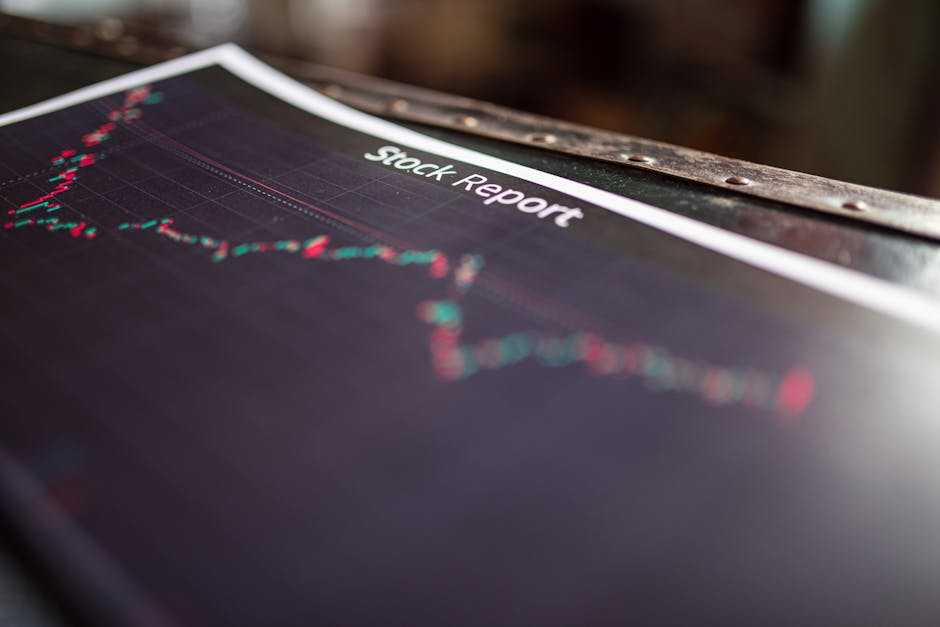In today’s digital age, the impact of social media on various industries is undeniable, and the betting market is no exception. As an avid observer of market trends, I’ve witnessed firsthand the significant role that social media platforms play in shaping betting behaviors and preferences. From Twitter to Instagram, these online channels have become powerful tools that shape how individuals engage with and perceive the world of betting.
Through my exploration of the intersection between social media and the betting market, I’ve uncovered fascinating insights into how online discussions, influencers, and viral content can sway market trends in real-time. Join me as I delve deeper into the intricate web of connections between social media dynamics and the ever-evolving landscape of the betting industry.
Overview of Social Media Usage in Betting Market
Analyzing social media platforms’ impact on the betting market reveals fascinating insights. As an avid follower of market trends, I delve into the profound influence that platforms such as Twitter and Instagram exert on shaping betting behaviors and preferences. Online discussions, influencer trends, and viral content all contribute to real-time shifts in market trends, underscoring the intricate relationship between social media dynamics and the dynamic landscape of the betting industry.
Impact of Social Media Influencers on Betting Trends
As an industry observer, I’ve noted the substantial impact of social media influencers on betting trends. Let’s delve into the engagement strategies employed by these influencers to shape the behaviors and preferences of the audience in the betting market.
Engagement Strategies by Social Media Influencers
Influencers in the betting industry leverage various engagement strategies to influence trends. They create compelling content that resonates with their audience, encouraging discussions and interactions around betting activities. By utilizing creative visuals, engaging captions, and interactive polls, influencers spark interest and participation among their followers.
In addition, social media influencers collaborate with betting platforms to offer exclusive promotions, discounts, or betting tips to their audience. These partnerships enhance brand visibility and credibility, driving followers to explore and participate in the latest betting trends promoted by influencers.
Moreover, influencers often conduct live streams or host Q&A sessions to provide real-time insights, predictions, and analysis of upcoming events in the betting world. This direct interaction fosters a sense of community and trust among followers, establishing influencers as reliable sources of information and trends in the dynamic betting market.
By strategically leveraging their online presence and engaging with their audience through tailored content and partnerships, social media influencers play a pivotal role in shaping and driving betting trends in the digital landscape.
Analysis of Social Media Data on Betting Market Behavior
Building on the influence of social media discussed earlier, I delve deeper into the impact of social media data on betting market behavior. Analyzing social media data provides valuable insights into consumer sentiments, preferences, and emerging trends in the betting industry. By monitoring online conversations, discussions, and interactions related to betting, analysts can identify patterns and predict market behavior shifts.
Social media platforms serve as rich sources of data that reflect the pulse of the betting market in real time. By tracking mentions of specific sports events, teams, odds, and betting platforms, analysts can gauge the popularity and potential outcomes of upcoming matches. For instance, a surge in positive mentions about a particular team on social media might indicate a shift in public sentiment and influence betting patterns accordingly.
Furthermore, sentiment analysis tools can help in categorizing social media posts as positive, negative, or neutral regarding betting topics. By understanding the prevailing sentiments towards certain events or outcomes, analysts can anticipate market movements and adjust strategies accordingly. This data-driven approach allows for agile decision-making in response to changing trends and public opinions.
In addition to sentiment analysis, monitoring social media influencers’ activities can provide unique insights into emerging betting trends. Influencers with a large following have the power to sway opinions and shape consumer behavior. By tracking the content shared by influencers, analysts can identify trends early on and adapt marketing strategies to capitalize on these trends.
By harnessing the wealth of data available on social media platforms, analysts can gain a competitive edge in the dynamic and fast-paced betting market. The ability to interpret social media data accurately and leverage it to anticipate market behavior is a key determinant of success in the ever-evolving landscape of sports betting.
Influence of Social Media Advertising on Betting Industry
Exploring the influence of social media advertising on the betting industry reveals a dynamic landscape shaped by targeted promotional strategies and audience engagement. Social media platforms serve as powerful tools for betting operators to reach potential customers, promote offers, and influence market trends.
- Leveraging Influencer Collaborations:
Engaging with social media influencers is a strategic approach employed by betting companies to expand their reach and enhance brand visibility. Collaborating with influencers who have a substantial following allows operators to tap into new audience segments and leverage the influencers’ credibility to promote betting services effectively. - Targeted Advertising Campaigns:
Social media platforms enable precise targeting capabilities, allowing betting operators to tailor their advertising campaigns based on user demographics, interests, and behaviors. By leveraging data-driven insights, operators can create personalized ads that resonate with specific audience segments, increasing the effectiveness of their marketing efforts. - Building Brand Awareness:
Advertising on social media not only facilitates direct promotion of betting services but also plays a crucial role in building brand awareness and fostering customer loyalty. Consistent exposure through targeted advertisements helps betting operators establish their brand presence in the competitive market and stay top-of-mind among consumers. - Driving User Engagement:
Interactive advertising formats on social media, such as polls, quizzes, and interactive posts, enable betting operators to drive user engagement and create immersive brand experiences. By encouraging active participation and interaction, operators can deepen customer relationships, gather valuable feedback, and enhance brand perception within the betting community. - Tracking Performance Metrics:
Measuring the performance of social media advertising campaigns is essential for optimizing marketing strategies and maximizing ROI. By tracking key metrics such as engagement rates, click-through rates, conversion rates, and return on ad spend, betting operators can assess the effectiveness of their campaigns, identify areas for improvement, and make data-driven decisions to enhance future advertising efforts.
Social media advertising exerts a significant influence on the betting industry by offering a versatile platform for targeted promotions, audience engagement, brand building, and performance optimization. Embracing innovative advertising strategies on social media is essential for betting operators seeking to stay competitive, drive market trends, and maximize their impact in the evolving digital landscape.



 Andrewayne Collinster – An industry veteran with a sharp analytical mind, Andrewayne specializes in betting analysis and sports trends. His articles provide a deep dive into understanding odds, game statistics, and market shifts, offering bettors a data-driven approach to wagering. Andrewayne’s expert analysis ensures that readers stay ahead of the curve by making well-informed bets that are based on sound strategy rather than mere luck.
Andrewayne Collinster – An industry veteran with a sharp analytical mind, Andrewayne specializes in betting analysis and sports trends. His articles provide a deep dive into understanding odds, game statistics, and market shifts, offering bettors a data-driven approach to wagering. Andrewayne’s expert analysis ensures that readers stay ahead of the curve by making well-informed bets that are based on sound strategy rather than mere luck.

